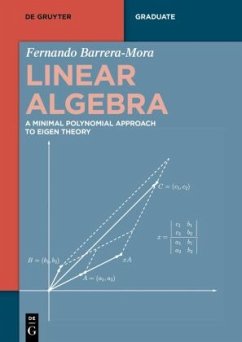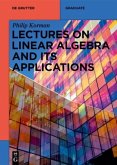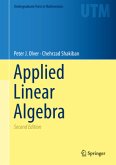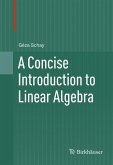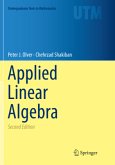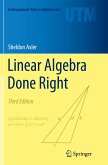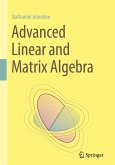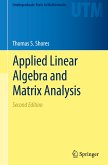There are numerous linear algebra textbooks available on the market. Yet, there are few that approach the notion of eigenvectors and eigenvalues across an operator's minimum polynomial.
In this book, we take that approach. This book provides a thorough introduction to the fundamental concepts of linear algebra. The material is divided into two sections: Part I covers fundamental concepts in linear algebra, whereas Part II covers the theory of determinants, the theory of eigenvalues and eigenvectors, and fundamental results on Euclidean vector spaces. We highlight that:
Consider hypothetical manufacturing models as a starting point for studying linear equations. There are two novel ideas in the book: the use of a production model to motivate the concept of matrix product and the use of an operator's minimal polynomial to describe the theory of eigenvalues and eigenvectors.
Several examples incorporate the use of SageMath., allowing the reader to focus on conceptual comprehension rather than formulas.
Hinweis: Dieser Artikel kann nur an eine deutsche Lieferadresse ausgeliefert werden.
In this book, we take that approach. This book provides a thorough introduction to the fundamental concepts of linear algebra. The material is divided into two sections: Part I covers fundamental concepts in linear algebra, whereas Part II covers the theory of determinants, the theory of eigenvalues and eigenvectors, and fundamental results on Euclidean vector spaces. We highlight that:
Consider hypothetical manufacturing models as a starting point for studying linear equations. There are two novel ideas in the book: the use of a production model to motivate the concept of matrix product and the use of an operator's minimal polynomial to describe the theory of eigenvalues and eigenvectors.
Several examples incorporate the use of SageMath., allowing the reader to focus on conceptual comprehension rather than formulas.
Hinweis: Dieser Artikel kann nur an eine deutsche Lieferadresse ausgeliefert werden.

